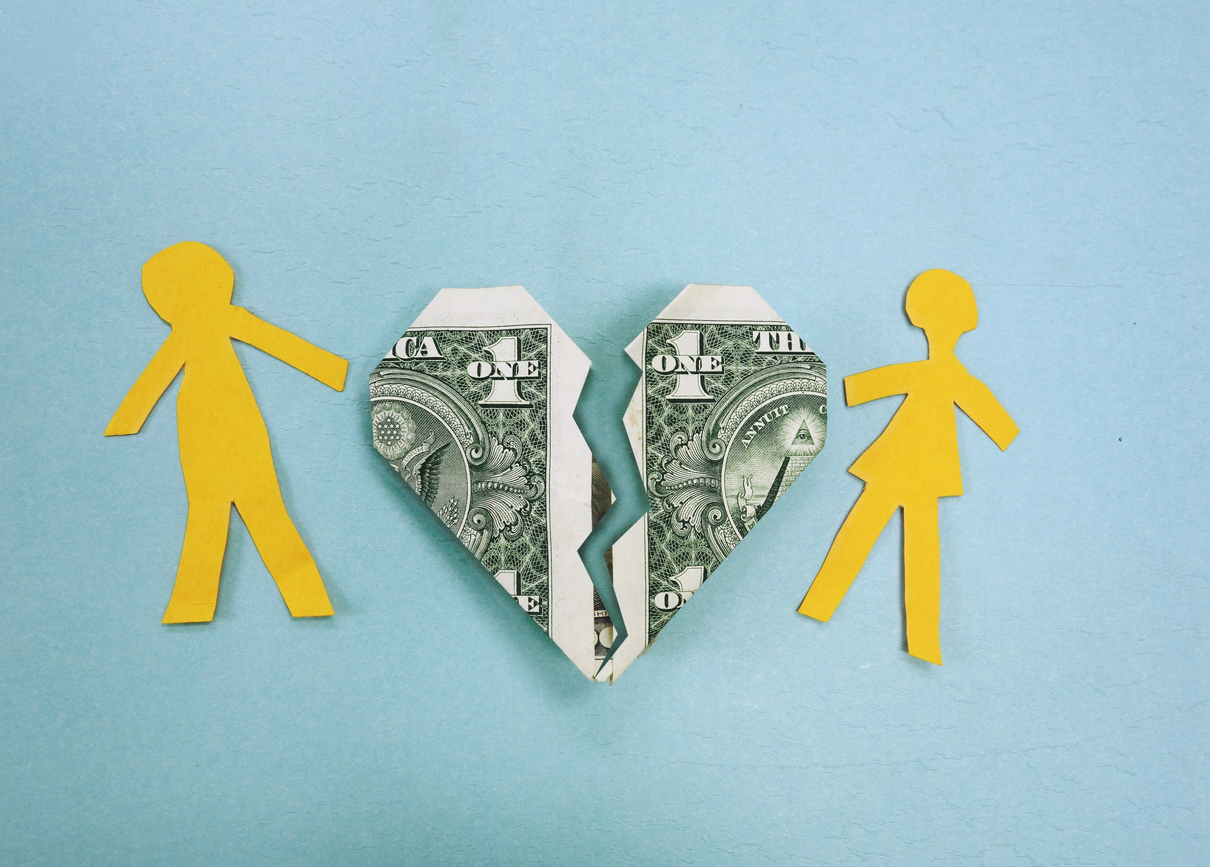
“Honesty is the Best Policy” - 7 Reasons to be Truthful as an Egg Donor
For both prospective parents and donors, egg donation is an amazing journey filled with emotions and expectations. However, it is essential to recognize that this path relies heavily on trust and honesty. Being truthful on an egg donor application – and during the screening process – helps to solidify the health, safety, and mental well-being of everyone. In this blog, we will explore important reasons why an egg donor should be as transparent and forthright as possible every step of the way.
7 Impactful Reasons to be Truthful as an Egg Donor:
- Legal & Ethical Obligations
- Medical Risks for Intended Parents and the Donor-Conceived Child
- Medical Risks for the Egg Donor
- Emotional & Financial Impact on the Intended Parents
- Impact on the Child
- Long-Term Psychological and Emotional Implications for the Donor
- Negative Impact on the Donor Community
1. Legal & Ethical Obligations

Providing accurate information on an egg donor application is essential; offering anything less is unethical and may also lead to legal complications. Egg donation is governed by strict FDA laws and industry guidelines to ensure the best interests of all parties including the fertility clinic and its physicians. Obvious personal information and characteristics like height, weight, and age are easily verifiable so fabricating these facts doesn’t make sense when filling out an application. However, the misreporting family health history, genetic diseases, or existing medical conditions can void the egg donor contract and cancel the cycle, but also potentially result in legal action favoring the intended parents.
2. Medical Risks for Intended Parents and the Donor-Conceived Child

The health of both the recipient and the prospective child is of paramount importance. Accurate medical information is essential for the health and well-being of donor-conceived offspring to avoid unforeseen health concerns during gestation or in later life stages. The intended parents rely on factual details to make informed decisions about the suitability of an egg donor, oftentimes based upon their own medical background and potential hereditary carrier status. Withholding family health information out of fear about not meeting the criteria of a desirable candidate carries a degree of risk. The aspects that might present challenges for one individual or couple in their donor selection might not necessarily pose similar concerns for others.
3. Medical Risks for the Egg Donor

Ensuring accuracy is critical, serving not only the welfare of donor-conceived children but also for safeguarding the health of egg donors during their cycle. Although the process of egg donation is deemed safe for healthy individuals, it is essential to recognize that the IVF entails daily hormonal injections and involves general anesthesia and a minor surgical procedure. If a donor elects to withhold pertinent information regarding pre-existing medical issues or a predisposition to potential risks due to underlying conditions, she puts herself at a much greater likelihood of encountering medical complications either post-retrieval or in the future.
4. Emotional & Financial Impact on the Intended Parents

For individuals or couples seeking the joy of parenthood through egg donation, the process is filled with anticipation and excitement. Intended parents invest trust in donors’ applications; dishonesty leads to disappointment, feelings of betrayal and lack of confidence in the entire journey. In situations where duplicity comes to light, intended parents are forced to begin the search process again and invest additional valuable resources, time and money, into an already complex and emotional process.
5. Impact on the Child

An egg donor's genetic contribution plays a significant role in shaping the identity of the child. Providing false information can lead to the child having unanswered questions about their biological heritage, causing confusion and feelings of loss. Honesty and accuracy ensure that the child has a clear understanding of their genetic and racial background to help maintain a sense of identity, especially in those cases where their donor remains de-identified.
6. Long-Term Psychological and Emotional Implications for the Donor

Egg donation is one of the most generous gifts imaginable so there is no reason to be anything less than truthful during the process. Being dishonest can weigh heavily on the individual’s conscience. This burden may lead to feelings of guilt, anxiety, and stress. The journey of egg donation should be one of personal reward and fulfillment. Inventing details and misrepresenting important facts can negatively impact one’s mental health and general feeling of well-being extending far beyond the actual egg donation cycle.
7. Negative Impact on the Donor Community

Honesty and transparency within the donor community is crucial for upholding the integrity and perceived sanctity of the process. Dishonesty by one individual can tarnish the reputation of third-party reproduction in general, thereby exerting an adverse influence over future egg donor initiatives. When it is discovered that a donor lied about pivotal issues – such as the number of cycles she has completed, the types of medication she is taking, or her significant medical history – and the truth comes to light, a ripple effect can transpire and negatively impact all stakeholders. These instances are not only detrimental to the immediate participants but can also perpetuate misconceptions about egg donation and further stigmatize the practice.
In conclusion, the decision to become an egg donor is life-changing and transformative; one that demands immense thought, empathy, and an unwavering commitment to honesty. The journey is built on a profound sense of trust shared between the donor, fertility clinic, intended parents, and most importantly – the future child.
Egg donors must remember their contribution is invaluable and can bring immense joy to those longing for a child. By being sincere and genuine throughout their application and during the process, these young women ensure they are positively impacting the lives of others while safeguarding their own integrity and emotional well-being. Ultimately, the adage “honesty is the best policy” resonates by forming the foundation upon which the journey of egg donation thrives and brings hope and happiness to those desperately seeking to build and nurture their cherished family.
Jenna Lake
Jenna Lake is co-founder of EDC Nexus, a unique registry developed to support Intended Parents, Egg Donors and Donor-Conceived Offspring — identified or de-identified — through a private online database providing medical updates and a mode of communication.
Jenna is the proud mother to a teenage, egg donor-conceived son. Her journey through third party reproduction directly launched a 15+ year career overseeing one of the largest clinic-led egg donor programs in the United States. After matching more than 3,000 cycles, and witnessing the ever-increasing demand for donor-conceived families to connect with their genetic and biological stories (and donors to stay informed of their contribution), Jenna helped to create a secure means of exchanging vital information and ensuring greater peace-of-mind on many fronts.
Currently, Jenna also serves as Operations Director at Egg Donor Connect. She is a past board member of Parents via Egg Donation, former consultant for a surrogate agency, and the author of several articles focusing on Egg Donors and Intended Parents. Jenna can be reached through her LinkedIn profile, or via email at jenna@eggdonorconnect.com.
Interested in becoming an egg donor?
Visit our directory of the best clinics & agencies to donate in the U.S.
Related Becoming an Egg Donor Articles to Guide Your Journey
The Process of Becoming an Egg Donor: A Step By Step Guide
When considering if you should become an egg donor, our step-by-step guide will help you understand how this all comes together. While it's worth mentioning that every program differs with respect to their acceptance criteria, testing requirements, and matching times, the process is similar enough that you'll have an overview of what takes place from your initial inquiry to your egg retrieval (and beyond).
8 Questions for Egg Donors to Ask A Clinic or Agency
Are you applying to be an Egg Donor? 8 Questions you – as the applicant – should ask an Egg Donor Program.
Requirements for Becoming an Egg Donor
This article covers the key requirements to becoming an egg donor.
The Egg Donor's Guide to Getting Your Donor Application Accepted
So you're thinking about becoming an egg donor…you’ve conducted research, identified the right fertility clinic where you can donate your eggs and help Intended Parents build their families. You've been access to their full online application only to feel suddenly overwhelmed with the amount of information needed & time required to complete your profile.